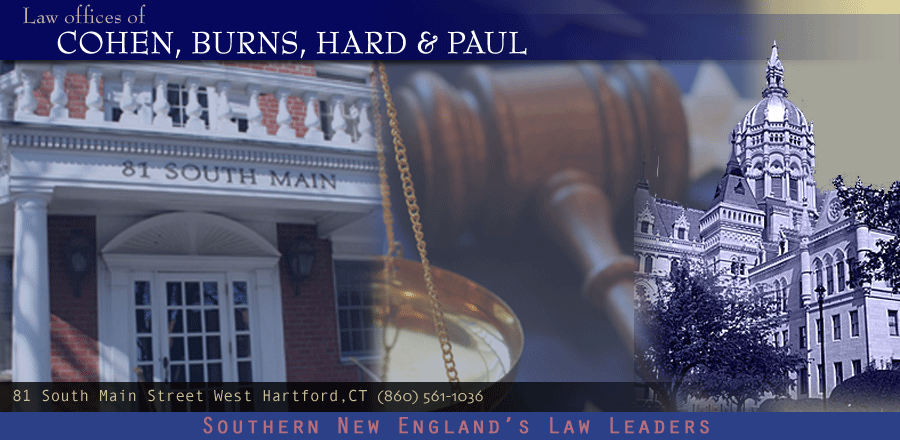
- Home
- Attorney Profiles
- Articles
- A homeowner History Lesson
- Reverse Mortgage- Tax Free Income
- Deficit Reduction Act
- Searching for an "Active Adult" home?
- Estates for Life
- Power of Attorney
- Advanced Health Care Directives
- Health Savings Accounts
- Attorney Eric Hard's Article on Jury Selection for Connecticut Lawyer Magazine
- Attorney Eric Hard Appears on Fox CT TV News to Discuss Tom Brady Deflategate Ruling
- F.A.Q.
- Contact us
Services
Practice Areas
- Real Estate
- Commercial law
- Personal injury
- Litigation
- Bankruptcy
- Landlord/tenant
- Family law
- Criminal law
Offices
81 South Main Street
West Hartford, CT
(West Hartford Center)
(860) 561-1036191 Albany Turnpike
Collinsville, CT
(Rte 44, near the Shoppes at Canton)
(860) 693-1201
![]()
SEARCHING FOR AN “ACTIVE ADULT” HOME? HOW TO SORT THROUGH THE LINGO.
Contributed by Eric Hard and Suzanne Hard
When entering the active adult housing market, it is easy for a buyer to get confused. Browsing through the real estate section of the newspaper reveals a lot of vague terms for the different housing options available. Some ads say “Active Adult;” others say “55 plus.” Some say “age-targeted” and still others use the term “age-restricted.” A recent call to one of the largest builders of these developments in Connecticut revealed that even their own staff were not clear on the definitions of and distinctions between these terms.
There are over 100 active adult communities with properties for sale in Connecticut. These communities have many similarities, such as shared common areas and maintenance. They also have differences that are significant for the buyer. Perhaps the most important distinction is between those communities with age restrictions on occupancy and those with no such restrictions.
In an age-targeted community, there are no age restrictions on occupancy or ownership, but the design and the location of the community are targeted to attract older adults. Such communities do not specifically restrict occupants by age, but try to attract adults who are beyond raising children with such features as first-floor master suites and small yards. There may be covenants that prohibit playscapes. However, ultimately, the occupants may be any age.
Developments termed “55 plus” or “active adult” have age restrictions on occupancy. The least restrictive of these communities require that one occupant of each residence must be 55 or older. In other developments, the restrictions may place the minimum age of the occupants at 60 or 62, and limit the total number of occupants to a figure as low as three. Some say that there may be no occupant younger than 12, 14 or even 21. These rules only limit occupants --someone who lives there full-time -- not visitors. Each town has its own set of rules regarding these communities, and each such community will also have its own restrictions. Consumers must ask questions, so that they know what product they are buying.
When considering an age-restricted community, it is important for the buyer to be aware of potential limits on his or her resale market. Although the age restrictions only apply to occupancy, not ownership, the limits might appear to narrow resale options. However, one recent housing industry survey found that 25 percent of adults aged 45-74 plan to purchase a new or second home in the next five years. The survey also found that in the last five years the percentage of older home buyers who would purchase in a 55-plus active adult community has increased from eight to fifteen percent. Given that Connecticut has become a retirement destination state, and the increased interest in Smart Growth and green building, there should be an ample market for these housing options for years and years to come.
Suzanne Hard is a lawyer residing in Avon, CT. Eric Hard is an attorney with the Law Firm of Cohen, Burns, Hard and Paul in West Hartford, CT. Eric and Suzanne may be contacted at ehard@cbhplaw.com, or at 860-561-4961.
Copyright 2006, by Eric Hard and Suzanne Hard. All rights reserved.